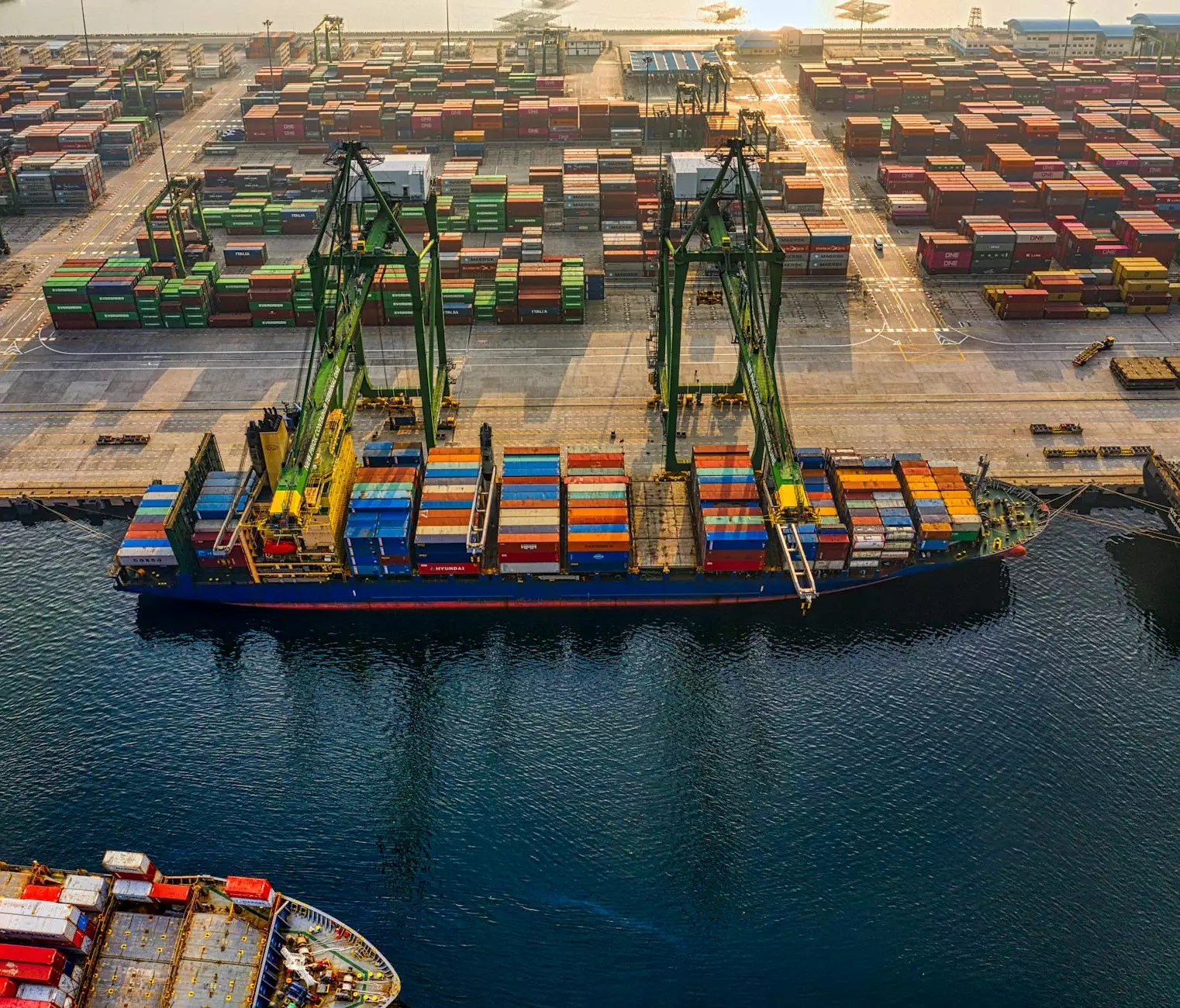Understanding Freight Charges per KG: A Comprehensive Guide for Businesses

In the ever-evolving landscape of logistics and transportation, understanding the nuances of freight charges per kg is vital for businesses aiming to optimize their shipping processes. As companies strive to enhance their operational efficiency, the ability to accurately calculate and assess freight charges can significantly impact their bottom line. This article explores various aspects of freight charges, including how they are determined, factors influencing them, and tips for managing shipping costs effectively.
The Basics of Freight Charges
Freight charges refer to the fees imposed by freight carriers for transporting goods from one location to another. These charges are typically calculated based on several factors, with weight being one of the most significant components. Understanding how freight charges per kg work is essential for businesses that rely on shipping goods regularly. Let’s delve deeper into what these charges entail.
What Are Freight Charges?
Freight charges are fees paid to a shipping company for the transportation of goods. The amount you pay can vary based on a range of criteria, including:
- Weight: Heavier shipments generally incur higher freight charges.
- Distance: The farther your goods need to be transported, the higher the costs.
- Shipping Method: Air freight, sea freight, and ground transportation have different rates.
- Type of Goods: Special cargo (e.g., hazardous materials) may attract additional fees.
- Carrier Pricing Models: Each carrier may have their own pricing strategies and discounts.
Factors Influencing Freight Charges per KG
Several factors play a crucial role in determining the freight charges per kg. Let’s explore these in detail:
1. Weight and Dimensions
Generally, freight charges per kg are determined significantly by the weight of the shipment. However, dimensional weight (dim weight) plays an essential role, particularly in air freight. Dim weight is calculated using the volume of the package and can override its actual weight if the volume is greater.
2. Mode of Transportation
The mode of transportation has a direct effect on cost. Here's a comparison:
- Air Freight: Fast but often expensive, suitable for urgent shipments.
- Sea Freight: Cost-effective for large volumes but slower, ideal for heavy goods.
- Land Freight: Versatile and commonly used; costs vary based on distance and load.
3. Distance and Routes
The distance between the origin and destination of your goods is a crucial determinant of shipping costs. Longer routes typically involve higher freight charges per kg. Furthermore, routes that involve dangerous terrains or regions with complex logistics may also incur additional charges.
4. Fuel Prices
Fuel prices fluctuate and directly affect transportation costs. Carriers often adjust their rates accordingly, and these changes can become a significant factor in the overall freight charges for shipping businesses.
5. Special Requirements
Shipments requiring special handling, such as refrigeration, fragile items, or hazardous materials, will generally incur higher freight charges. This is due to additional equipment, specialized containers, and handling standards needed to ensure the safe transportation of such items.
Calculating Freight Charges per KG
Understanding how to calculate freight charges can help businesses budget effectively and improve their shipping strategies. Here’s a simplified process to estimate freight charges per kg:
1. Determine the Weight and Dimensions
Calculate the gross weight of your shipment in kilograms and, if necessary, determine the dimensional weight:
- Dimensional Weight (kg) = (Length x Width x Height) / Dimensional Factor
2. Select the Shipping Method
Your choice of air, sea, or land can significantly alter the cost. Research the rates provided by different carriers to understand average pricing.
3. Estimate Additional Charges
Consider any additional fees that might apply, such as fuel surcharges, customs duties, or handling fees.
4. Calculate the Total Cost
Using the information gathered, you can put together a rough estimate of the total freight charges:
- Total Cost = (Base Rate x Weight) + Additional Charges
Optimizing Freight Charges for Your Business
Managing freight charges is vital for maintaining a profitable business. Here are several strategies to optimize your costs:
1. Negotiate Rates with Carriers
Don’t hesitate to negotiate shipping rates with freight carriers. Establish long-term relationships, especially if you are likely to ship frequently.
2. Use a Freight Forwarder
Freight forwarders can offer valuable expertise in navigating logistics, and they often have access to discounted rates that may not be available to businesses shipping on their own.
3. Optimize Packaging
Reduce the dimensions and weight of your packages wherever possible. Better packaging techniques can lead to lower shipping costs.
4. Utilize Technology
Invest in logistics technology solutions that allow you to track shipments and analyze shipping data to make informed decisions regarding carriers and routes.
The Role of Technology in Managing Freight Charges
Embracing technology is key to interfacing efficiently with the logistics landscape. Here are important trends to stay updated on:
1. Real-time Tracking
Many modern carriers offer real-time tracking of shipments, allowing businesses to monitor progress and make adjustments as needed.
2. Automated Booking Systems
Automation in booking can streamline processes, minimize errors, and help in managing freight charges more effectively.
3. Data Analysis Tools
Utilize data analytics to assess your shipping patterns, comparing different carriers, routes, and methods to identify opportunities for cost savings.
Conclusion
Understanding the intricacies of freight charges per kg is essential for businesses engaging in shipping on a regular basis. By grasping how these charges are calculated and the various factors that influence them, companies can maximize their shipping efficiency and reduce costs significantly. As technology continues to evolve, staying informed about the latest trends and optimizing your shipping strategy will enhance your business's ability to compete in today's market.
For businesses looking to navigate the complex world of logistics, understanding freight charges isn't just advantageous; it's critical. By leveraging effective strategies and adopting a data-driven approach, you'll gain a competitive edge that could lead to substantial savings on your shipping expenses.









